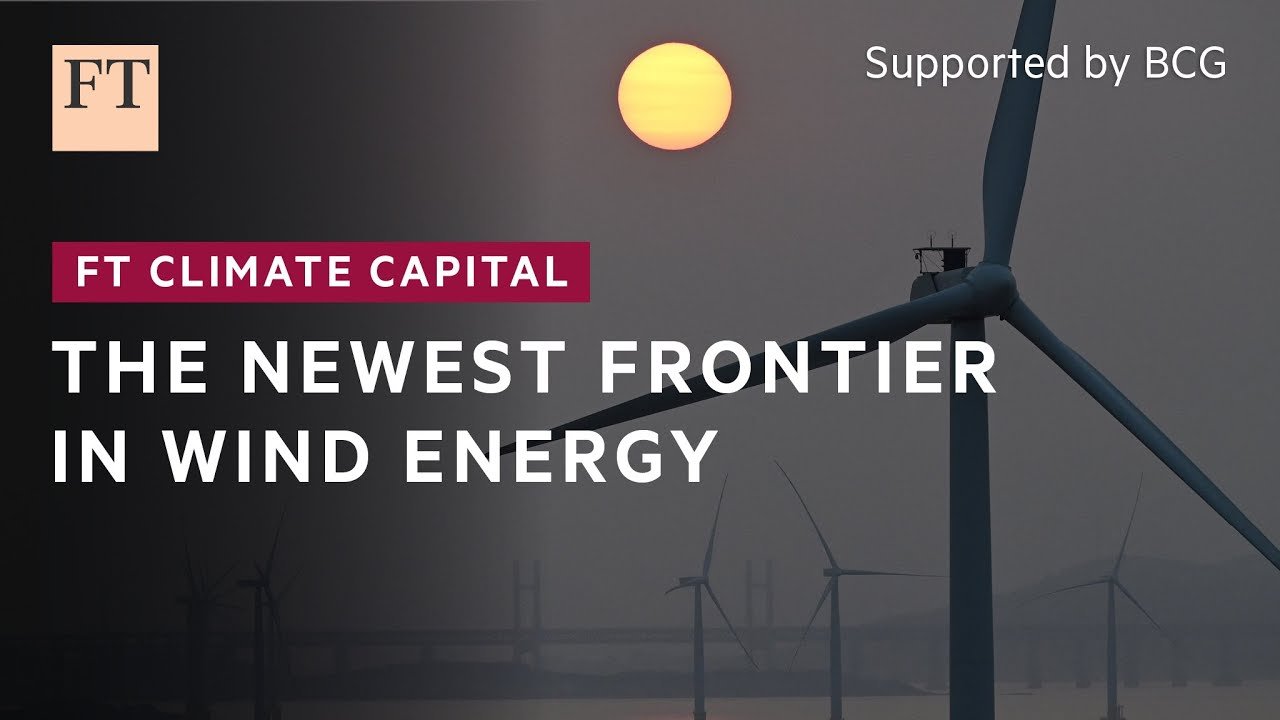Taiwan is advancing its position in offshore wind energy, leveraging the Taiwan Strait’s high wind speeds to reduce reliance on imported fossil fuels and support its leading semiconductor industry amidst growing global demand for clean energy. With ambitious targets to significantly increase its renewable energy output by 2030 and achieve net-zero carbon emissions by 2050, Taiwan faces challenges, including underdeveloped supply chains and geopolitical tensions. The country’s efforts to attract international developers and implement policies encouraging local production, while navigating cost and technical challenges, reflect broader global trends in renewable energy investment and development.
- Taiwan aims to be a leader in offshore wind power, capitalizing on the Taiwan Strait’s excellent wind conditions.
- The government has set ambitious goals for renewable energy, aiming for 27% to 30% of its electricity to come from renewables by 2030 and achieving net-zero carbon emissions by 2050.
- As of the end of 2023, Taiwan had installed just over 2 gigawatts of offshore wind power, leading the Asia-Pacific region outside of China.
- The government’s target is to install up to 13 gigawatts of offshore wind by the end of the decade and up to 55 gigawatts by 2050.
- Local content requirements for turbine parts have raised concerns about supply chain readiness and cost implications.
- Major players like Orsted and Siemens Gamesa have expressed concerns over the viability of new projects under the current regulatory and economic framework.
- Taiwan Semiconductor Manufacturing Company (TSMC) has signed deals to buy electricity from major wind farms, highlighting the role of industrial users in supporting renewable energy projects.
- The government is addressing challenges in corporate power purchase agreements (PPAs) through initiatives like a credit guarantee system to support buyers.
- Geopolitical tensions with China add complexity to developing offshore wind in the Taiwan Strait, yet developers remain committed to the region.
- The global shift towards renewable energy and the competition for offshore wind investment underscore the importance of ambitious targets and supportive policies.
The Financial Times is a British daily business newspaper printed in broadsheet and also published digitally that focuses on business and economic current affairs.
AllSides Media Bias Rating: Center
https://www.allsides.com/news-source/financial-times-media-bias
Official website: https://www.ft.com/
Original video here.
This summary has been generated by AI.

Leave a Reply